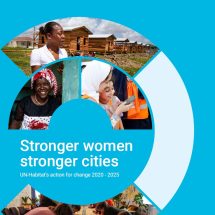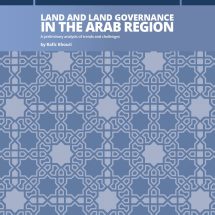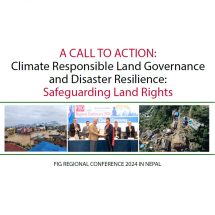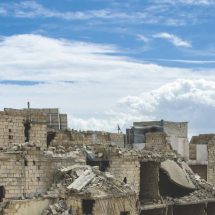 Conflict is a specific form of human-made disaster that often leaves behind inequality and long-lasting social, economic, institutional and environmental impacts. Civilian women suffer disproportionally more from conflicts than civilian men in the form of specific threats such as gender-based violence. There is often further victimization of women in post-conflict situations. However, women are not only victims in conflict and post-conflict situations but have also other roles such as humanitarian aid actors or settlement planners.
Conflict is a specific form of human-made disaster that often leaves behind inequality and long-lasting social, economic, institutional and environmental impacts. Civilian women suffer disproportionally more from conflicts than civilian men in the form of specific threats such as gender-based violence. There is often further victimization of women in post-conflict situations. However, women are not only victims in conflict and post-conflict situations but have also other roles such as humanitarian aid actors or settlement planners.
Settlement planning is a strong tool for promoting equality. Building an equal society after a conflict is crucial for mitigating against future conflicts and helps to facilitate peace as well as provide economic growth. Therefore, gender matters should be an integrated part of any planning interventions and not treated as a separate planning exercise. All groups of people, including women and men with various socio-demographic backgrounds, should be involved in decision-making for post-conflict settlement planning. Post-conflict planning often appears neutral from the gender point of view but it usually fails to accommodate the needs and priorities of women. This happens due to the often disadvantaged position of women in conflict/post-conflict societies. Thus, gender mainstreaming in planning should be actively considered.











